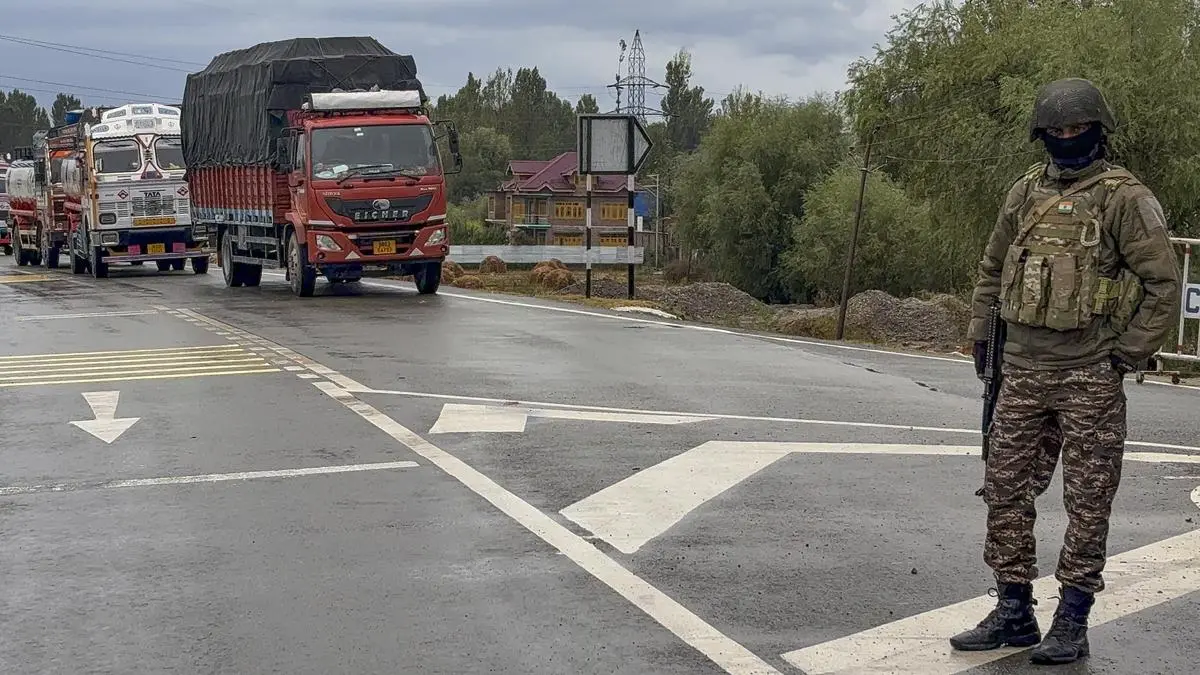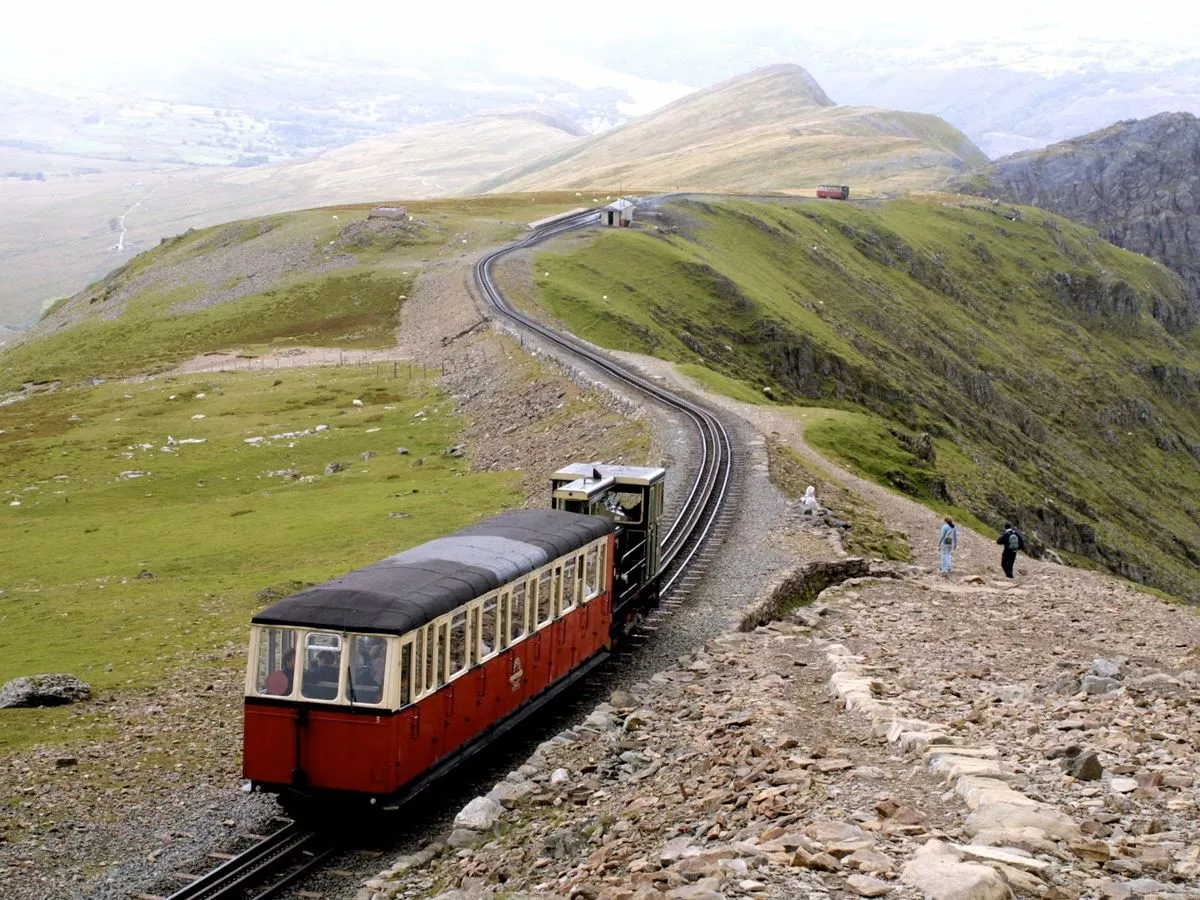Copyright thehindubusinessline

The recent devastating floods in Jammu and Kashmir (J&K) forced the closure of the national highway for weeks. The closure of the highway, which is the only route for transporting goods from the valley, has had catastrophic consequences on the apple harvest that peaked in September. According to estimates, the region’s apple industry has suffered losses of more than ₹1,000 crore due to highway closure and non-availability of alternative routes. The Jammu–Srinagar National Highway (NH-44) is the main road that connects the Kashmir Valley with the rest of India. It is one of the most vital lifelines for J&K, both strategically and economically. The highway passes through the Pir Panjal mountain range, making it prone to landslides, snowfall, and floods, especially between Ramban and Banihal. The Navyug Tunnel and Chenani-Nashri Tunnel (Dr. Syama Prasad Mookerjee Tunnel) have significantly reduced travel time and improved all-weather connectivity. Despite these improvements, the highway often remains closed for days due to landslides, rockfalls, and heavy rain. It’s the only road used to transport essential goods —fuel, food, and supplies — to the Kashmir Valley. In August 2012, the J&K government constructed the Mughal Road, connecting Poonch with Shopian in Kashmir. However, owing to the treacherous terrain it cannot be an alternative route or an all-weather road for exporting goods from the valley. Apple farmers hit The horticulture sector, particularly apple farming, contributes nearly 8 per cent of J&K’s GDP and supports more than three million people. During the harvest season (August-November), highway closures cause losses running into hundreds of crores. In several recent years, apple growers faced severe losses because trucks carrying produce were stranded for days. Prolonged closures create artificial scarcity of essential goods — vegetables, fuel, and medical supplies — leading to price surges. Tourism losses The Jammu-Srinagar Highway is more than just a road — it is the artery of J&K’s economy. This highway frequently faces closures due to unpredictable weather conditions. J&K’s tourism sector suffered losses of over ₹1,000 crore (approximately $120 million) within just two weeks of the Pahalgam attack. Since tourism contributes about 7-8 per cent to J&K’s Gross State Domestic Product (GSDP), this crisis poses a serious threat to the region’s overall economic growth. The ongoing losses to the apple industry are proving to be catastrophic. Since August 2019 J&K has been directly administered by the central government. The government has launched several projects, including the Zojila Tunnel and the Z-Morh Tunnel. However, most of these projects remain incomplete due to financial and environmental constraints. There is an urgent need for speedy progress on their completion, as well as the commencement of construction on the newly proposed highway projects. Since tourism is a major pillar of the region’s economy, enhanced transport and communication networks make the region more accessible and safer for visitors, leading to increased revenue. Likewise, sectors such as handicrafts and handlooms rely heavily on efficient transport systems to reach national and international markets. These industries are on the verge of collapse due to the region’s poor infrastructure. Public infrastructure must be resilient enough to withstand harsh weather and natural disasters, especially in a region prone to erratic climatic patterns. The prolonged closure of the national highway has been a collective punishment for Kashmiri farmers. J&K urgently needs an upgrade in its public infrastructure, with all-weather road connectivity being the most essential component. The writer is faculty, Political Studies, Government Degree College Beerwah, J&K Published on October 28, 2025



